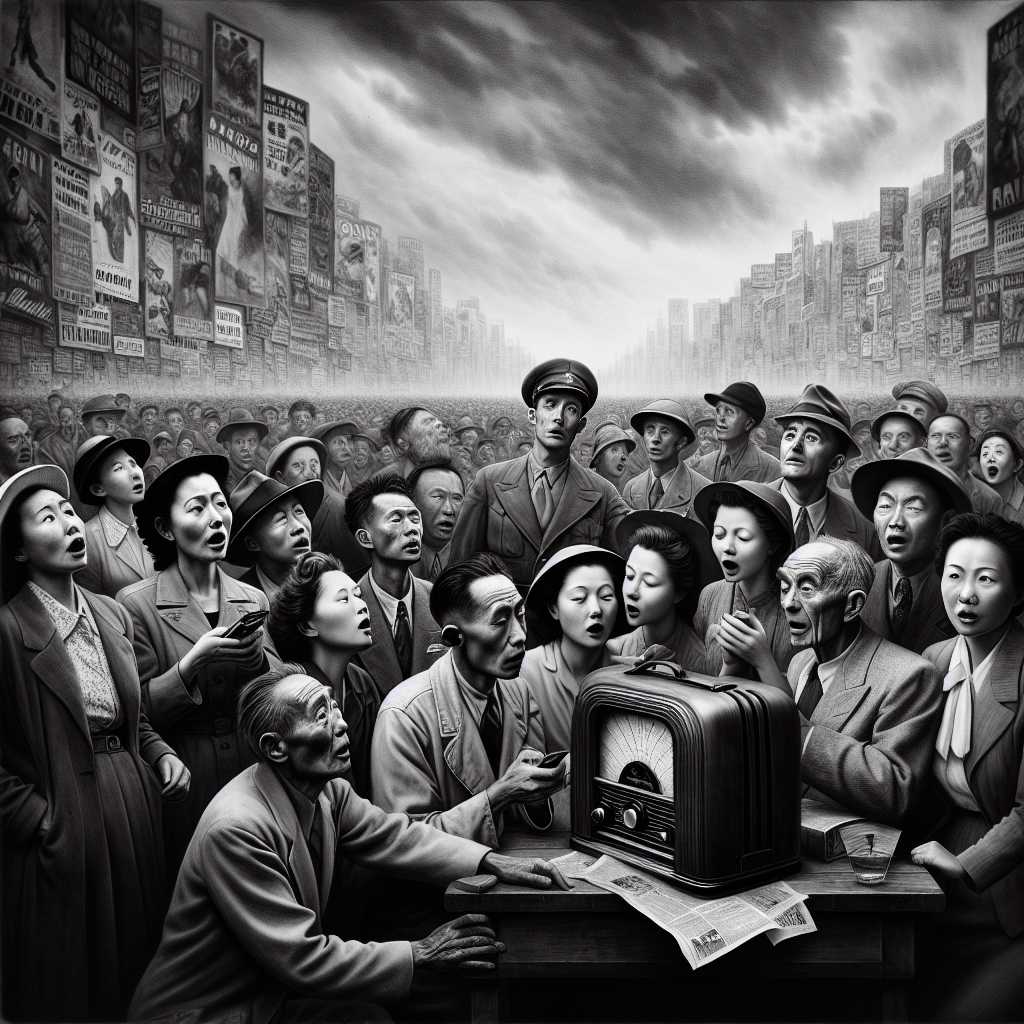Example Article
The Historical Context of VJ Day
Victory over Japan Day, commonly known as VJ Day, marks the official end of World War II with Japan’s surrender in August 1945. This momentous event brought an end to a conflict that had ravaged nations for six years and led to unprecedented loss of life and destruction. While the European theatre had concluded months earlier with V-E Day in May 1945, the Pacific War continued fiercely, involving brutal battles such as Iwo Jima and Okinawa.
The decision to use atomic bombs on Hiroshima and Nagasaki in early August remains one of the most debated military actions in history. These bombings precipitated Japan’s acceptance of Allied terms for unconditional surrender, fundamentally altering warfare and global politics. On 15 August 1945, Emperor Hirohito’s radio address announced Japan’s capitulation, an announcement that resonated worldwide and ushered in a fragile peace.
VJ Day is often overshadowed by the earlier European victory celebrations but holds equal significance. It symbolises not only the cessation of hostilities but also the dawn of a new international order. The aftermath saw the emergence of the United Nations and set precedents for international diplomacy and conflict resolution.
The Human Stories Behind the Headlines
While historical records emphasise political decisions and military strategies, VJ Day was first and foremost a deeply human moment. Soldiers who had endured years of harrowing combat were suddenly confronted with an abrupt end to their ordeal. Many faced mixed emotions—relief, joy, disbelief, and grief for comrades lost.
In Japan, civilians who had suffered under relentless air raids and starvation were left to grapple with the devastation wrought by war and nuclear attacks. The announcement of surrender was met with shock but also hope for rebuilding shattered lives. Across Allied nations, families reunited with loved ones returning from battlefronts, though many also mourned those who never came home.
This day also marked the beginning of profound social changes. Women who had taken on roles traditionally held by men during wartime often found themselves navigating new expectations in peacetime societies. Veterans faced challenges reintegrating into civilian life while carrying physical and psychological scars. These personal narratives enrich our understanding of VJ Day beyond mere dates and declarations.
Legacy and Reflection: How VJ Day Shapes Modern Memory
In contemporary times, VJ Day serves as a moment not only to commemorate victory but also to reflect on the costs of war and the value of peace. Memorials and ceremonies are held annually in various countries, reminding new generations of the sacrifices made.
The complex legacy of VJ Day includes ongoing debates about nuclear weapons’ morality, war crimes accountability, and reconciliation efforts between former adversaries. Japan’s post-war pacifism and its evolving relationship with countries like the United States underscore how history shapes diplomatic ties.
Moreover, educational initiatives increasingly focus on telling diverse perspectives surrounding VJ Day—from Allied soldiers to Japanese civilians—to foster a more nuanced historical consciousness. This approach emphasises empathy and international understanding as vital components in preventing future conflicts.
Ultimately, VJ Day stands as a testament to humanity’s capacity for both destruction and resilience. It challenges us to remember that peace is hard-won and requires continual commitment.
Notes
- VJ Day on 15 August 1945 marked the first time in history a global conflict ended using nuclear weapons.
- Despite being celebrated internationally, some countries observe VJ Day on different dates due to time zone differences or political reasons.
- The radio broadcast by Emperor Hirohito announcing Japan’s surrender was one of the first times many Japanese people heard his voice.

